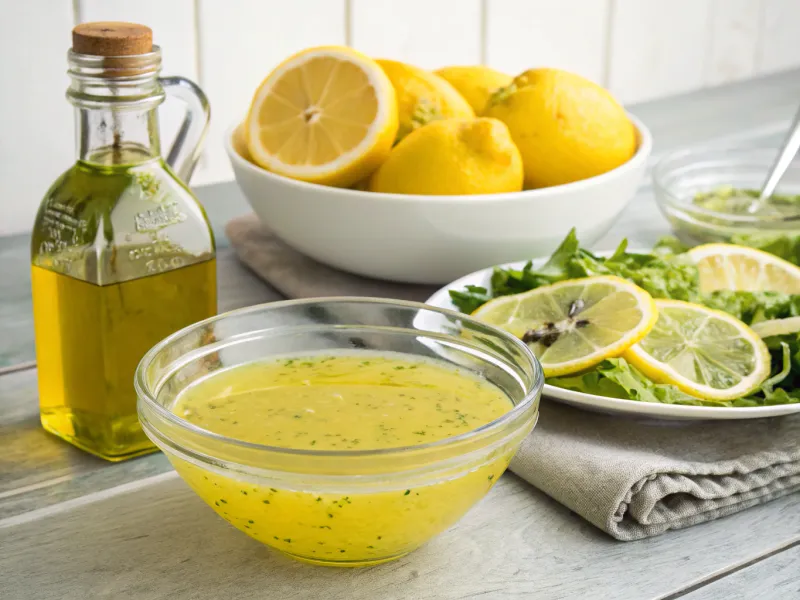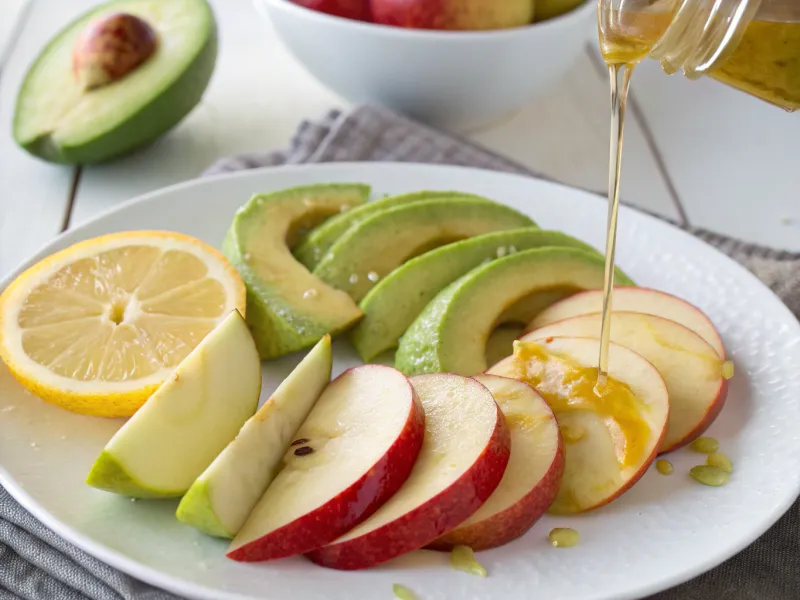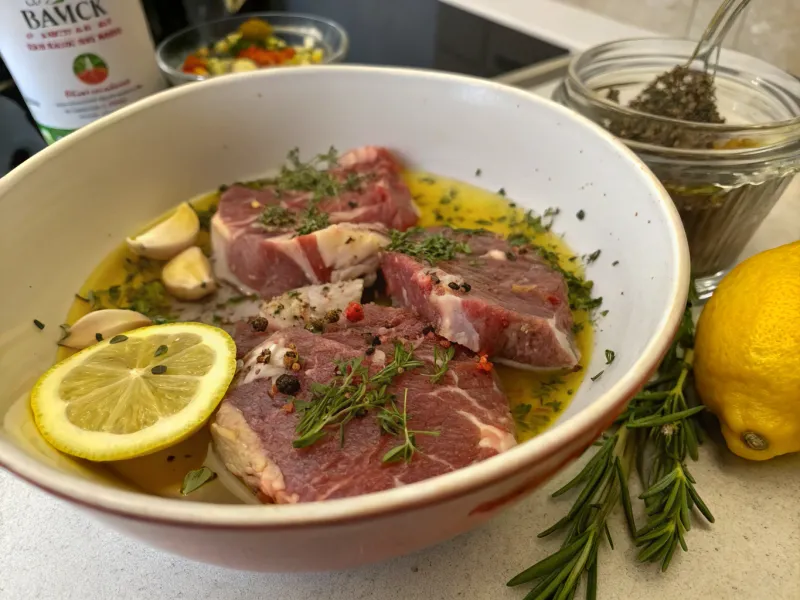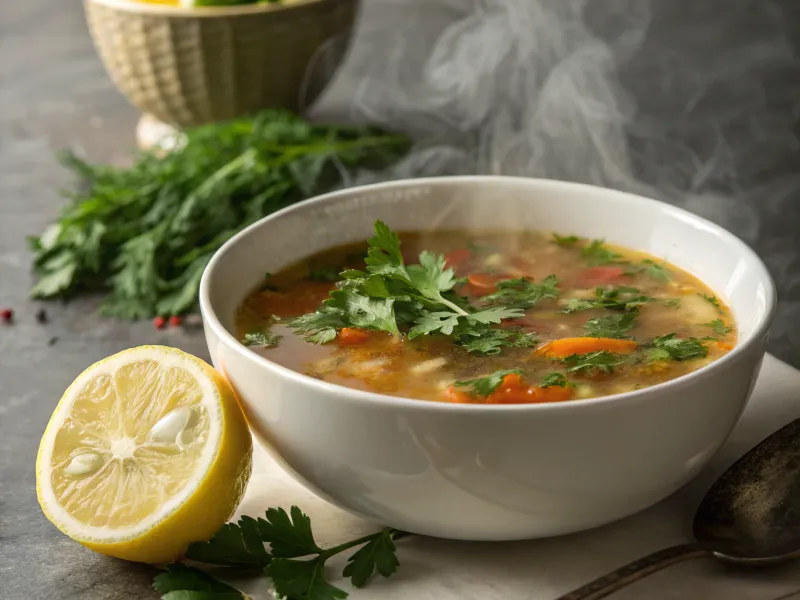9 Simple Ways to Use Lemons for Daily Cooking

Lemons add a nice touch of brightness and gentle flavor to all kinds of everyday dishes, making them one of the most helpful and reliable ingredients to keep in your kitchen. These cheerful yellow citrus fruits can quietly improve your cooking in small but meaningful ways. From adding a bit of zest to your favorite meals to helping keep certain foods fresh just a little longer, lemons offer simple, easy solutions that can make cooking feel a bit easier and more enjoyable.
1. Enhance Meat and Fish Dishes

Fresh lemon juice works wonders on chicken, fish, and other proteins by adding a bright, tangy flavor that cuts through richness. The acid in lemons helps balance heavy dishes and makes them taste lighter and more refreshing. Simply squeeze half a lemon over your cooked meat or fish just before serving. You can also add lemon juice while cooking to let the flavors blend together. Try rubbing lemon zest into chicken skin before roasting for an aromatic change. The oils in the peel add intense citrus fragrance that makes your kitchen smell unusual.
2. Make Fresh Salad Dressings

Homemade lemon dressing is improved over store versions with its clean, fresh taste. Mix equal parts lemon juice and olive oil, then add a pinch of salt and pepper for the simplest dressing possible. For creamier options, blend lemon juice with plain yogurt and minced garlic. This combination works well on both green salads and vegetable dishes. Store your lemon dressing in the refrigerator for up to one week. Always shake or stir before using since the ingredients naturally separate over some period.
3. Keep Fruits and Vegetables Fresh

No person likes brown, unappealing fruits and vegetables, but lemon juice solves this problem easily. The natural acid stops the browning process that happens when certain foods meet air. Brush or drizzle lemon juice on sliced apples, pears, avocados, and potatoes immediately after cutting. This keeps them looking fresh and appetizing for hours longer than usual. Use about one tablespoon of lemon juice per cup of sliced fruit or vegetables. The flavor addition is subtle but the visual improvement is dramatic for your dishes.
4. Make Refreshing Homemade Drinks

Fresh lemonade requires just three ingredients: lemon juice, water, and your choice of sweetener. Start with the juice of four large lemons mixed with four cups of water, then adjust sweetness to taste. Experiment with different flavors by adding fresh herbs like mint or basil. Frozen berries also make colorful and tasty additions to basic lemonade recipes. For daily hydration, add lemon slices to plain water for a subtle flavor boost. This encourages drinking more water throughout the day while providing vitamin C benefits.
5. Tenderize Tough Cuts of Meat

Tough cuts of meat become tender and flavorful when marinated in lemon juice before cooking. The acid breaks down tough protein fibers, making cheaper cuts taste like expensive ones. Combine lemon juice with herbs, garlic, and a little oil for a basic marinade. Let meat soak for at least 30 minutes, or up to four hours for thicker pieces. Chicken thighs, beef chuck, and lamb shoulder all benefit from lemon marinades. The acid not only tenderizes but also helps other flavors penetrate deeper into the meat.
6. Add Zest to Baked Meals

Lemon zest packs more flavor than juice alone, making it ideal for cakes, muffins, and cookies. The oils in the peel provide intense citrus aroma without adding more liquid to recipes. Use a fine grater or zester to remove only the yellow part of the peel, avoiding the bitter white pith underneath. One medium lemon typically yields about one tablespoon of zest. Add lemon zest to pancake batter, cookie dough, or cake mix for instant flavor enhancement. The bright taste pairs especially well with blueberries, strawberries, and other summer fruits.
7. Enhance Rice and Grain Dishes

Plain rice changes into something special with just a squeeze of lemon juice and some zest mixed in after cooking. This simple addition makes rice taste fresher and more interesting. Try adding lemon juice to quinoa, bulgur, or other grains while they cook for subtle flavor throughout. The acid also helps grains stay separate and fluffy instead of clumping together. Lemon pairs beautifully with herbs like parsley, dill, and cilantro in grain dishes. This combination works well as a side dish or base for larger meals with vegetables and proteins.
8. Make Tangy Dessert Treats

Lemon desserts offer the ideal balance between sweet and tart flavors that satisfy different taste preferences. Both juice and zest work together to add intense citrus flavor in treats. Simple lemon bars require just a shortbread crust topped with lemon curd filling. Lemon cake, cookies, and even ice cream all benefit from using both juice and zest for maximum flavor impact. The natural acidity in lemons helps cut through rich, sweet desserts, making them taste lighter and more refreshing. This makes lemon desserts a refreshing conclusion to heavy meals.
9. Flavor Soups and Broths

A splash of lemon juice at the finish of cooking brightens almost any soup, from chicken noodle to vegetable broth. The acid balances rich flavors and adds freshness that makes soups taste more complex. Add lemon juice after removing soup from heat to preserve the bright flavor. Too much heat can make lemon taste bitter, so timing matters for the best results. Lemon works especially well in bean soups, chicken broths, and vegetable recipes. Start with just a tablespoon per pot and taste before adding more to avoid overpowering other flavors.
